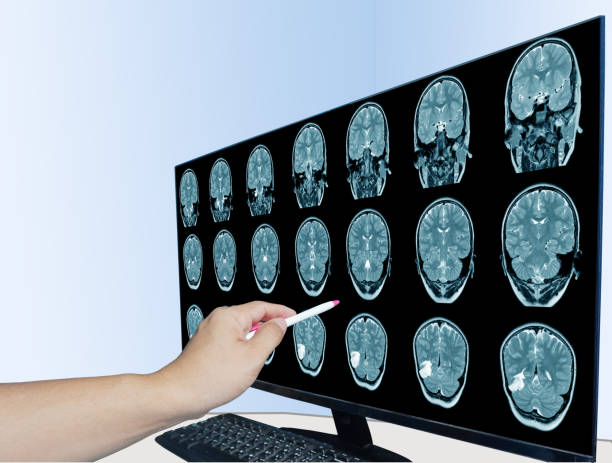A pulsating headache is a type of headache that is characterized by a rhythmic beating or throbbing pain that is felt in one or more areas of the head. This type of headache is often accompanied by other symptoms, such as sensitivity to light or noise, nausea, and vomiting. Pulsating headaches can range from mild to severe in intensity and can be short-lived or persistent, lasting for hours or even days. In some cases, a pulsating headache can be a sign of a more serious underlying condition, so it is important to seek medical attention if you experience this type of headache.
Symptoms of Pulsating Headache
The symptoms of a pulsating headache can vary from person to person, but common symptoms include:
Throbbing or beating pain that is felt in one or more areas of the head
Sensitivity to light or noise
Nausea and vomiting
Tension or pressure in the head
Pain that is worse when lying down or bending over
Dizziness or lightheadedness
Blurred vision
Fatigue
Difficulty concentrating or sleeping
There are several different types of pulsating headaches, including:
Migraines: This type of headache is characterized by intense, pulsating pain that is often accompanied by other symptoms, such as sensitivity to light, sound, or smell, nausea, and vomiting.
Tension headaches: This type of headache is caused by tension or stress and is characterized by a constant, dull pain that is felt around the head or neck.
Cluster headaches: This type of headache is characterized by severe, recurring pain that is felt around one eye or one side of the head.
Sinus headaches: This type of headache is caused by inflammation or infection in the sinuses and is characterized by pain that is felt in the forehead, cheekbones, or around the eyes.
Treatment for Pulsating Headache
The treatment for a pulsating headache will depend on the underlying cause of the headache, as well as its severity and frequency. In some cases, a pulsating headache may be treated with over-the-counter pain relievers, such as ibuprofen, aspirin, or acetaminophen. In other cases, prescription medications, such as triptans, may be necessary to relieve pain and prevent future headaches.
Other treatment options for pulsating headaches may include:
Lifestyle changes: Making changes to your diet, sleep habits, and stress levels can help prevent or reduce the frequency and severity of pulsating headaches.
Relaxation techniques: Practicing relaxation techniques, such as deep breathing, meditation, or yoga, can help relieve stress and tension and prevent headaches.
Physical therapy: Physical therapy, such as massage or chiropractic care, can help relieve tension and pain in the neck and head and prevent headaches.
Cognitive behavioral therapy: Cognitive behavioral therapy can help you learn how to manage stress and anxiety, which can trigger headaches.
Acupuncture: Acupuncture is a traditional Chinese medicine technique that involves the insertion of fine needles into the skin to stimulate specific points on the body. This technique has been shown to be effective in reducing the frequency and severity of headaches.
In some cases, surgery may be necessary to treat a pulsating headache that is caused by a structural problem, such as a herniated disc or a tumor. In these cases, a healthcare provider will work with you to determine the best course of treatment based on your specific needs and health history.

 Home
Home Health
Health Diet & Nutrition
Diet & Nutrition Living Well
Living Well More
More












